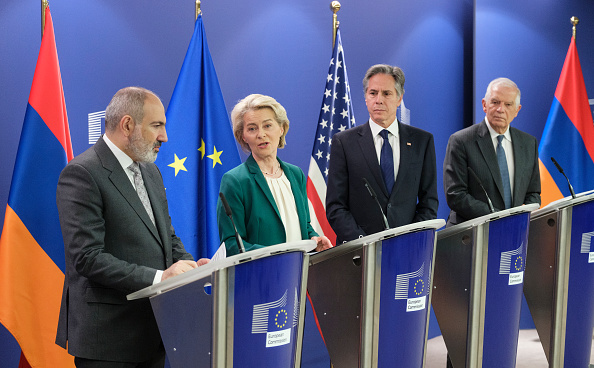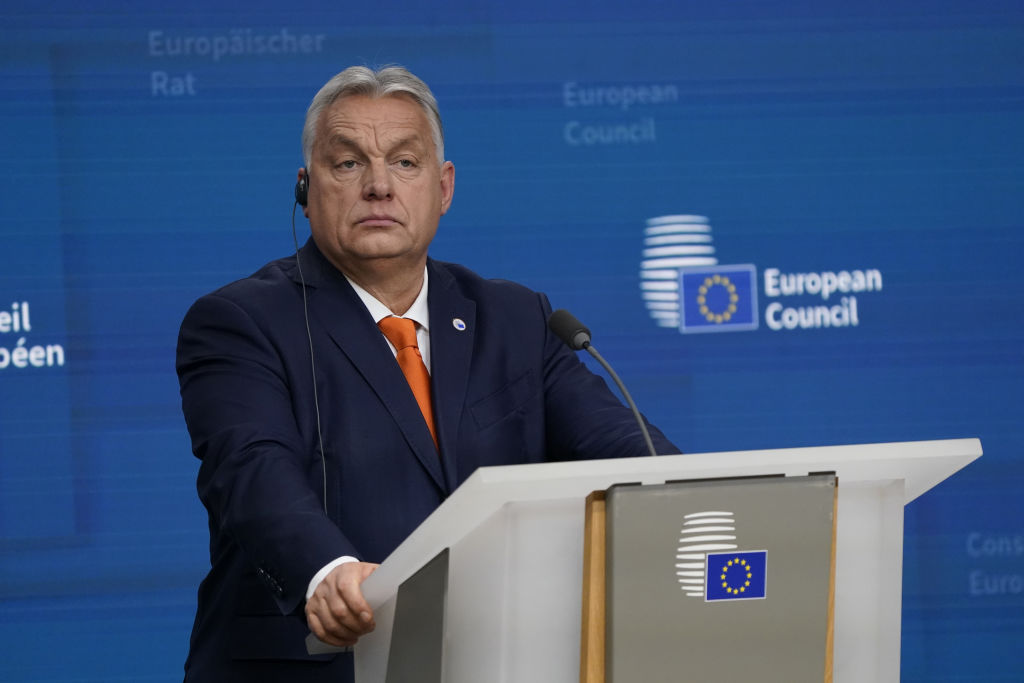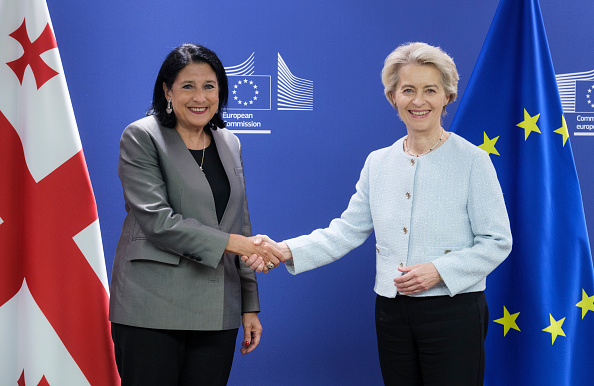Romania and Bulgaria will both join the Schengen Zone, it has been announced.
To appease Austria over the move to take place on on January 1, land border checks will remain on the Hungary-Romania and Romania-Bulgaria frontiers for “at least” six months and perhaps longer.
The two countries are also joining a watered-down version of Schengen, which has seen Germany and France reintroduce land border checks since August to contain irregular migration. Poland’s Prime Minister Donald Tusk called the initiatives the “de facto suspension of the Schengen agreement on a large scale”.
While Romania and Bulgaria joined the European Union in 2007, they only became partial members of the border-free Schengen Zone in March 2024.
EU home affairs ministers approved their full accession December 11, in an “important step”, said the European Commission, that “completes the full entry of both countries into the Schengen area”.
The move gives the Schengen area 29 full members: All EU members are also Schengen members apart from Ireland, which is in a separate Common Travel Area with the UK, and Cyprus. Although not EU members, Iceland, Norway, Switzerland and Liechtenstein are also Schengen members.
It was a “great victory for Bulgaria, Romania, and all of Europe”, Hungary wrote on X. The country has held the presidency of the Council of the European Union, which it relinquishes on January 1.
To achieve Schengen admission, Bucharest and Sofia both took steps to convince Austria’s government they had increased security on their borders. Part of that was to lower asylum applications and arrivals of irregular migrants to levels with which Vienna was happy.
On November 22, Austria dropped its veto at a meeting in Budapest which Austria’s interior minister Gerhard Karner attended together with his Romanian and Bulgarian counterparts.
Karner did so in return for a commitment to impose internal checkpoints on the two countries’ borders with Hungary and each other.
After the meeting, Hungary’s interior minister Sandor Pinter told journalists a special contingent of at least 100 border police officers would be deployed to police the Turkish-Bulgarian border.
Hungary would contribute both officers and necessary technical equipment, he said.
Land border controls of the sort between Romania and Bulgaria within the Schengen Zone “should be exceptional and used only as a last resort”, claimed the Schengen Borders Code.
“If required, the reintroduction of border control can be prolonged for renewable periods of up to 30 days. The total period shall not exceed six months,” according to the code.
In practice, they have recently tended to last longer than this, as periods of six months are renewed.
Austria, Denmark, France, Germany, Italy, Norway, Slovenia and Sweden have all recently extended internal checks at their borders to dates between March and June 2025. The Netherlands introduced new internal checks for six months from December 9, reported the law firm Fragomen on December 2.
The internal border checks have returned as countries increasingly become concerned about the EU’s ability to police its common external borders.
A State of Schengen report issued by the European Commission in April 2024 found the “quality of border checks is inconsistent” at the EU’s external borders and there were “gaps related to lacking detection equipment and human resources”.





